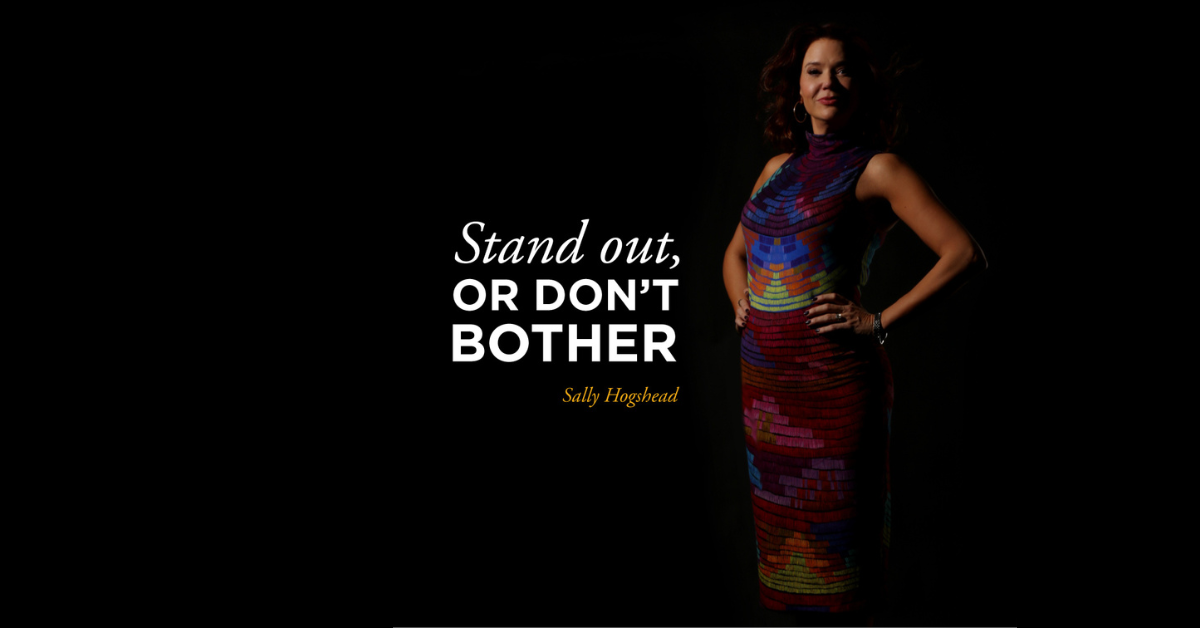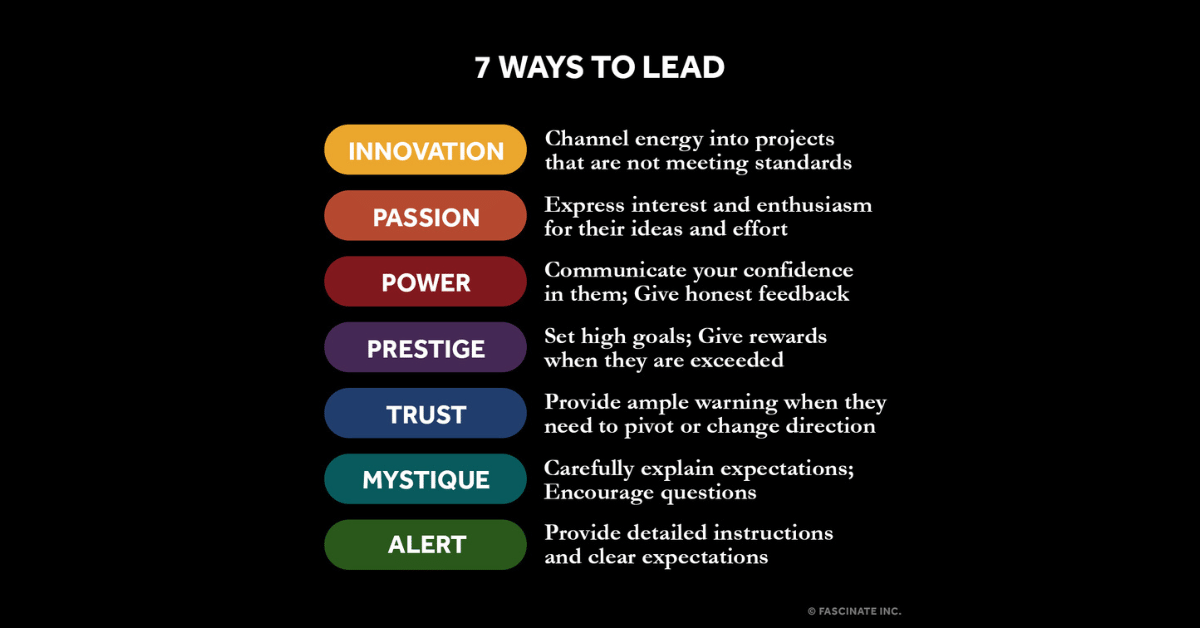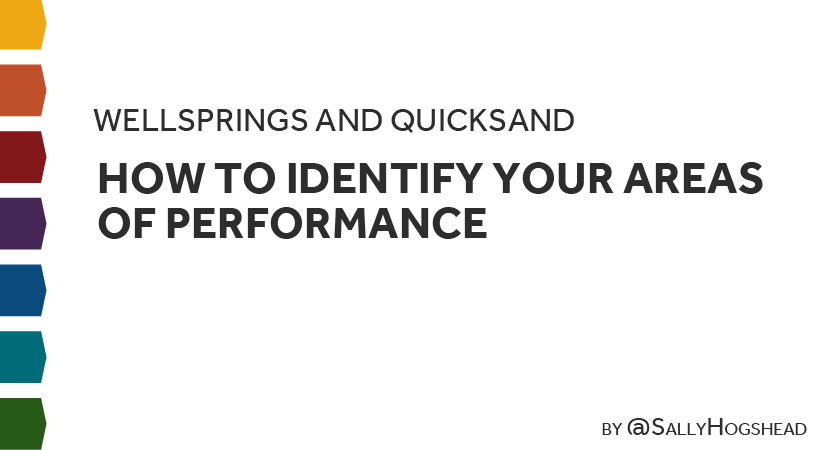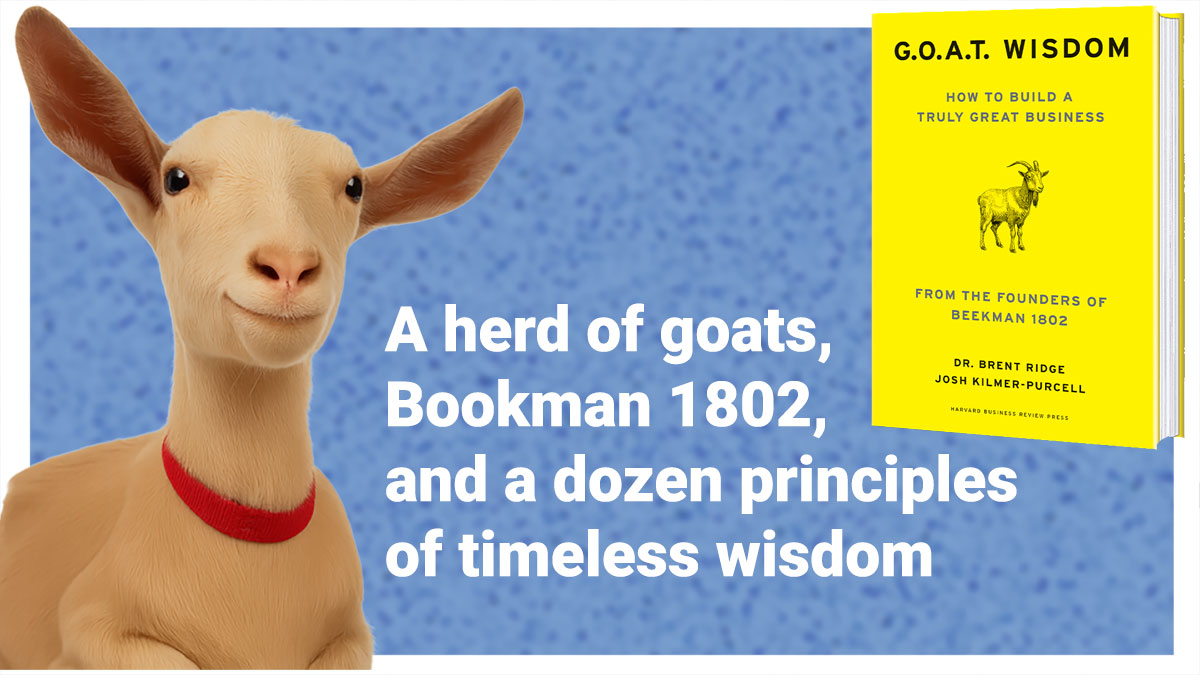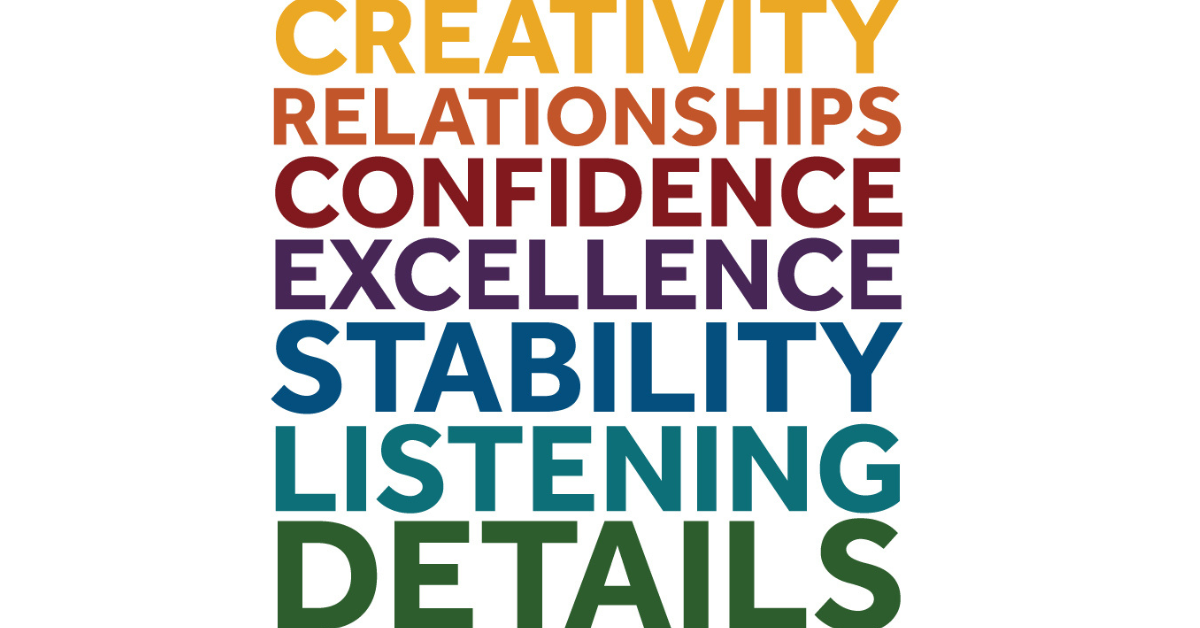How long does it take you to delete a spam email?
Seconds? Milliseconds?
This morning, my inbox pinged with a new message. To my surprise, I’d just inherited a few million dollars from a long-lost relative. On the other side of the globe…
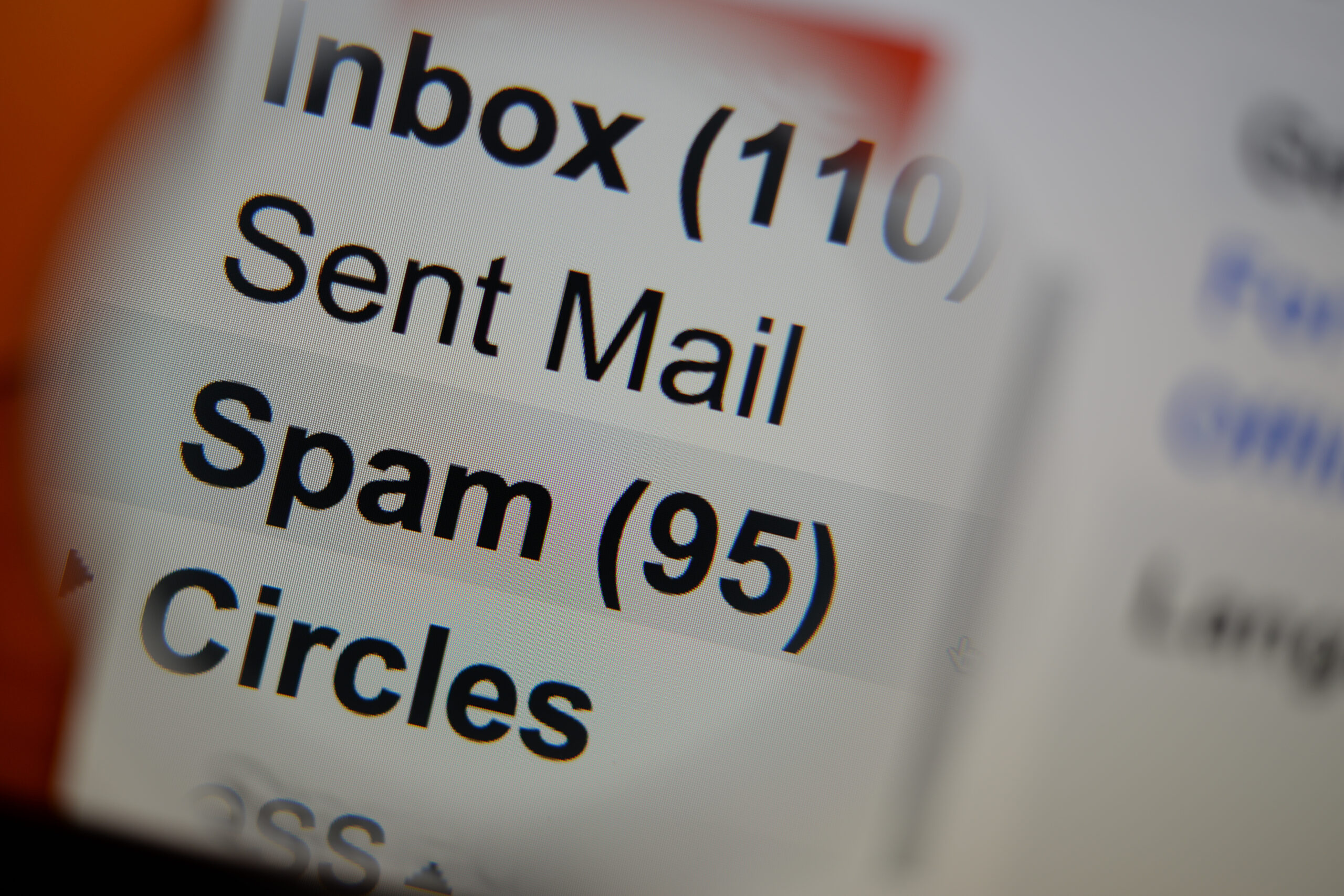
You know how you feel when spam makes it into your inbox: irritated, impatient, resentful. And no wonder. Spam intrudes upon our time and attention, without adding value.
People can be the same way.
When someone intrudes on our time and attention, we feel irritated and resentful.
I’ll show you how to spot spam in the workplace. And more to the point, how to avoid being it.
Think of the last comment you made in a meeting. Did it add value? Or did it take up space?
You might not think of your verbal communication as spam. But if no one gets value out of your communication, that’s spam.
Adding value versus taking up space
We’ve all met people who just take up space, without adding value. They’re the vampires of mental space, sucking the focus out of your workday. If you’re sending irrelevant information, overplayed memes or redundant reminders about the company softball match, your messages could be considered spam.
How to recognize “human spam”
Here are the five most common ways that you might be verbally spamming your clients and coworkers:
- Long-winded descriptions that don’t get to the point. Before responding to a question or making a point in a meeting or conference call, carefully consider what you mean to say, and what you hope for as a result of your statement. Make brief notes on paper if that is helpful. This will help focus your clarity, and keep you on task during follow-up discussion.
- Requests to answer a question that could be found in .0003 seconds on Google. If you’re writing a report on healthcare trends in Scandinavia, you don’t need to ask Casper the population of Denmark (even if he is Danish).
- Sales calls under the thinly veiled guise of “reaching out to connect.” If you’re checking in on a prospect that you have been trying to close, or looking to upgrade a current client with whom you don’t really have a social relationship, don’t pretend to be calling to ask how their son is doing at Gonzaga. They’ll be on to it as soon as you change the subject. Instead, keep the pleasantries brief, and after you’ve addressed the business of the call.
- Seeking time to pick a colleague’s brain. So many of us are guilty here…For some people, working through a problem can seem more productive when you talk it through with a colleague. But be wary of abusing this approach. Don’t let knocking on Cathy’s door be your first step in attacking the problem. After you’ve exhausted every other tactic, and you’re still horribly stuck, shoot her an email to see if she has time to help you work it out. Just sitting down to put it in writing may reveal that it is too trivial to bother her with.
- Extended presentations that fail to deliver actionable conclusions. When preparing a presentation, begin by outlining your goals for the event. Don’t focus too much on the time you have to fill, but rather the substance that will get you to the result.
When you add value, your listener perceives that the interaction was productive and useful on both sides.
When you just take up space, your listener feel intruded upon, without anything to show for their investment of attention.
Spam is not about whether you think the communication is valuable. It’s about the perception of the person listening to you. Did they find it valuable?
Attention is your most precious nonrenewable resource.
The ability to capture–and hold–someone’s attention may be the most valuable skill you hold. But it’s possible to take it for granted. If you don’t deliver value every time, people will stop paying attention. Period.
Here are two golden rules to avoid verbally spamming people, and to ensure that you can get their attention when you really need it:
Don’t ask for attention until you are ready to give value first. Asking for someone’s attention comes with an obligation to deliver. To inform and enlighten.
Consider what your listener finds valuable. Don’t just focus on what you think is important or interesting or funny. Instead, think about your recipient, and what they value. Just as beauty may be in the eye of the beholder, value is in the eye of the marketplace.
The next time you’re about to write an email to your manager or stop by a busy colleague’s office, pause to think about what you’re actually going to say.
Know the purpose of your communication before you start.



